Home » Treatments » Alcohol Detox

Table of Contents
What is an Alcohol Detox Program?
Our goal at Bright Future Recovery in our Alcohol Detox Program is to create a safe, comfortable and nurturing environment during alcohol and drug detox. This helps minimize the impact of long term detox withdrawals (PAWS) and its associated symptoms. Our medical detox center is in Northern California, surrounded by green hills. Having a home-like environment during detox is crucial for healing the mind, body and spirit.
Deciding to stop drinking alcohol is a crucial step toward recovery. The effects of alcohol addiction are often devastating not only to the alcoholic – but also to their loved ones.
Have questions about our detox program? Please call us for a confidential consultation at (831) 245-1623 or contact us.
Alcoholism (Alcohol Use Disorder) a progressive, chronically relapsing disease that affects millions of people all over the world. If you are ready to get sober and live a life of recovery, it’s critical to begin with a medically supervised detoxification program. The detoxification process for alcohol is one that you don’t want to go through alone. In fact, it can be extremely dangerous to stop drinking alcohol “cold turkey.”
Alcohol withdrawal symptoms can become life-threatening quickly. Usually, when a death occurs due to alcohol withdrawal, it is because of a heart attack. When someone is detoxing without medical supervision, symptoms can escalate so quickly that they may not even be able to call for emergency help before it’s too late. That is why it is always recommended that anyone addicted to alcohol attend a detox program where they will be monitored for their safety.
What Is Alcohol Abuse and Detoxification?
When someone abuses alcohol and then they try to stop using it, they will likely suffer from withdrawal symptoms. This happens because the body gets used to functioning with alcohol in its system. Without alcohol, the body will crave it. If it doesn’t get it, the brain goes into overdrive, and the person will begin to have withdrawal symptoms. Alcohol withdrawal usually starts a short time after stopping drinking. The severity of the symptoms depends on several factors. These include how long the individual has been drinking, the amount that they typically drink, and their overall health.
Detoxification, or detox for short, is the period of time that it takes for the body to get rid of the alcohol in the system, stabilize, and return to normal. Alcohol detox begins to happen automatically once the user stops drinking, but the withdrawal symptoms can be extremely risky. Therefore, it’s recommended that individuals seek the help of medical professionals in a detox program in order to receive medical help should problems arise. In a detox program, users receive monitoring, medication assistance, and the support needed to make the process safer and more comfortable.
Call Bright Future Recovery Now
Confidential Consultations and Insurance Verification
Detox | Residential Rehab | Relapse Prevention
We accept most insurance – Free Insurance Benefits Check.
The Effects of Alcohol Abuse on The Body
Long-term addiction to alcohol takes a toll on the body. It affects the heart, liver, and immune system. Concerning the heart, alcoholism can cause high blood pressure, cardiomyopathy, arrhythmias, and stroke. Because the immune system is negatively affected, people who are addicted to alcohol may be more susceptible to pneumonia, tuberculosis, and other illnesses. The liver is most affected by alcoholism. Individuals can develop a fatty liver, alcoholic hepatitis, fibrosis, and cirrhosis. Additionally, excessive drinking increases the risk of oral, esophageal, throat, breast, and liver cancer. And most alcoholics fail to eat a healthy diet, which means that the body is nutritionally compromised.
What Are the Symptoms of Alcohol Detox?
Alcohol withdrawal symptoms can be broken down into three phases, acute, early abstinence, and protracted abstinence. The symptoms may vary in severity depending on how much alcohol a person had been regularly drinking, how long they had been drinking, and their overall physical and mental health.
Acute Withdrawal
During the acute withdrawal phase, there is autonomic nervous system hyperactivity, which means that there is a risk of delirium tremens (DT) occurring. This is more than just being shaky. It is an emergency that requires medical intervention. Typically, delirium tremens and seizures will happen during the first couple of days after alcohol consumption has stopped. DTs usually peak at around 72 hours. Some of the other symptoms that occur during this phase are nausea, vomiting, increased blood pressure, irregular body temperatures, excessive sweating, and tachycardia.
Early Abstinence
During this phase of alcohol withdrawal, the physical symptoms usually have subsided. However, emotional and psychological symptoms are typically heightened. Anxiety, depression, trouble sleeping, and low moods are to be expected, but they typically end within three to six weeks.
Protracted Abstinence
During the final phase of alcohol withdrawal, individuals may experience elevated dysphoria. Dysphoria is defined as a general state of dissatisfaction, unhappiness, frustration, or restlessness. Cravings for alcohol, anxiety, and an increased risk of relapse are all potential symptoms of protracted abstinence and can go on for months into sobriety.
How Long Will It Take to Detox from Alcohol?
Withdrawal symptoms from alcohol can be extremely serious, even fatal. The symptoms can last anywhere from a few days to several weeks or sometimes months after someone stops drinking. The exact length of time depends on the individual’s specific situation. When someone has typically been drinking more than seven or eight beers, four or five pints of wine, or a pint or more of liquor daily for months may have severe withdrawal symptoms, including seizures, delirium tremens, and cardiac arrest when they stop drinking suddenly.
Usually, the worst of the physical symptoms of alcohol withdrawal last for one to two weeks. However, the mental and emotional symptoms can last much longer.
How to Recognize if Alcohol Medical Detox May Be Right For You
If you are able to identify with any of the following, it may be time to consider alcohol addiction treatment, beginning with detox.
- Drinking alcohol to change your mood
- Family or friends have expressed concern about your drinking
- Craving alcohol when not drinking
- Being anxious when you’re not able to drink
- Behaving disrespectfully when drinking
- Regretting drunken behavior
- Your alcohol use is negatively affecting your work performance or attendance
- Avoiding family or friends while drinking
- Drinking more when disappointed, stressed, or angry
- Able to drink more alcohol than when you first started to drink
- Being unable to remember the night before, even though friends say you didn’t pass out
- When drinking with other people, trying to have extra drinks when they won’t see or know about it
What Are the Different Types of Detox?
Just as there are dozens of substances that are abused, there are also detox programs to help addicts rid their bodies of them safely. Detoxing is the first step of recovery, and it’s an important one to complete under medical supervision.
In addition to alcohol addiction, detox is available for many substances, including:
- Barbiturate
- Benzodiazepines
- Cocaine
- Crystal Meth
- Fentanyl
- Heroin
- Hydromorphone
- Lortab
- Morphine
- Norco
- Oxycodone
- Percocet
- Tramadol
- Vicodin
Getting Help and Alcohol Detox
Seeking help for an alcohol addiction takes courage, strength, and determination to change your life for the better. Alcoholism is a disease that affects people from all walks of life, and millions of sufferers all across the world don’t get the help they need. So, to be able to seek help and accept help is a huge accomplishment.
The first step to getting and staying sober is a medically supervised detox program. Going through the detox process is safer and more comfortable when you do it under medical supervision. When you follow detox with an inpatient or intensive outpatient drug and alcohol treatment program, you greatly increase your chances of having a long-term, fulfilling recovery.
Call Bright Future Recovery Now
Confidential Consultations and Insurance Verification
Detox | Residential Rehab | Relapse Prevention
We accept most insurance – Free Insurance Benefits Check.








